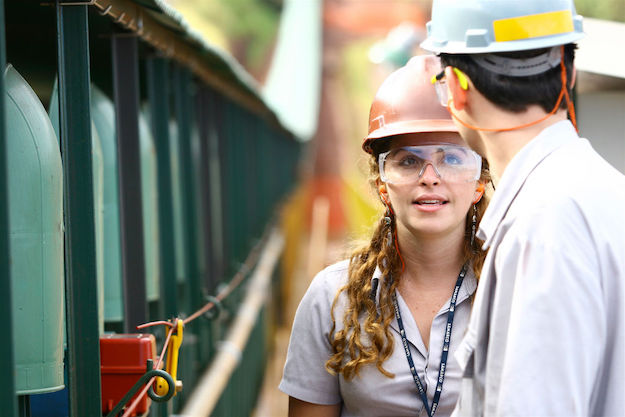Latin America’s macroeconomic challenges seem unlikely to be addressed soon. The region suffers from inadequate investment spending and fiscal accounts, with governments spending beyond their means and fiscal deficits averaging north of 4% of GDP in 2019. It is also unlikely to have seen the end of a recent spike in social unrest, not least because the protests seem to be working, with governments giving in to demands. However, looking into 2020 and beyond, we see opportunities that could help Latin America boost its economic prospects.
Although we see an improved economic growth picture for the region this year, the gains will come from an undemanding base of comparison and are likely to be relatively modest. The one exception is Brazil, which we think will see GDP growth at or above 2% on the back of much-reduced domestic interest rates, increased investor and consumer confidence, and a relatively light political calendar. Mexico’s growth is expected to improve to a sub-1% rate thanks to stabilized oil production, higher fiscal spending and greater infrastructure investments. Argentina’s economy will probably experience a third straight year of contraction amid its complex sovereign debt restructuring. We forecast the Andean economies will grow 2-2.5%, but downside risks remain.
Latin America should be able to generate sustainable domestic-led growth in the 2020s, but unlocking it will require work. In addition to promoting private investment and balancing fiscal accounts, policymakers in the region should focus on three key areas.
The first is to take advantage of the region’s “demographic bonus” and tap its female workforce. Latin America is fortunate to have a growing working-age population and declining dependency ratio. If accompanied by adequate investments in education, healthcare and infrastructure, this should support economic growth. The region also has the potential for a “gender bonus” over time as its female labor force participation rate currently stands at just 57% – well below the 82% rate for men in the region and far behind most other countries.
A related task is to bring the region’s informal sector into the economic mainstream. Informal employment, including a large contingent of women and younger workers, remains prevalent, reaching close to 50% of the labor force in countries like Mexico and Colombia. This area of the workforce escapes taxation but fails to enjoy state protections and services. A large informal economy uses public goods and services without paying taxes to support them, which weighs on a country’s growth. Formalization would improve economic growth potential and standards of living on a sustainable, long-term basis.
The second opportunity is technological innovation. Latin America’s startup ecosystem is growing considerably, thanks in part to programs supporting entrepreneurship. In Brazil, for example, PagSeguro Digital, a fintech company, has been instrumental in reducing payment processing fees for both consumers and business owners. Governments can modernize and diversify their economies by intensifying technological innovation efforts.
The third opportunity is sustainability. Quality of growth matters, not just quantity. Latin America ranks better than the average emerging market in the World Economic Forum’s Environmental Performance Index, but it still trails developed countries. Home to over 40% of Earth’s biodiversity and more than 25% of its forest cover, the region should promote initiatives ranging from reforestation to renewable energy, which would help sustain its development for the long term.
In the case of Brazil, the country has the most valuable environmental asset in the world, and could eventually become the global leader in green finance. This would benefit infrastructure and agribusiness, where the funding gap is huge and long-term investment opportunities are unique.
In sum, challenging times lie ahead for Latin America. History has shown that the region’s governments rarely fix their roofs while the sun is shining. As policymakers confront clouds on the horizon, they should seize the chance to reinforce not only their rainy day shelters, but also the foundations of their local economies.
—
Coutinho is head of wealth management for Latin America and president of UBS Group in Brazil








